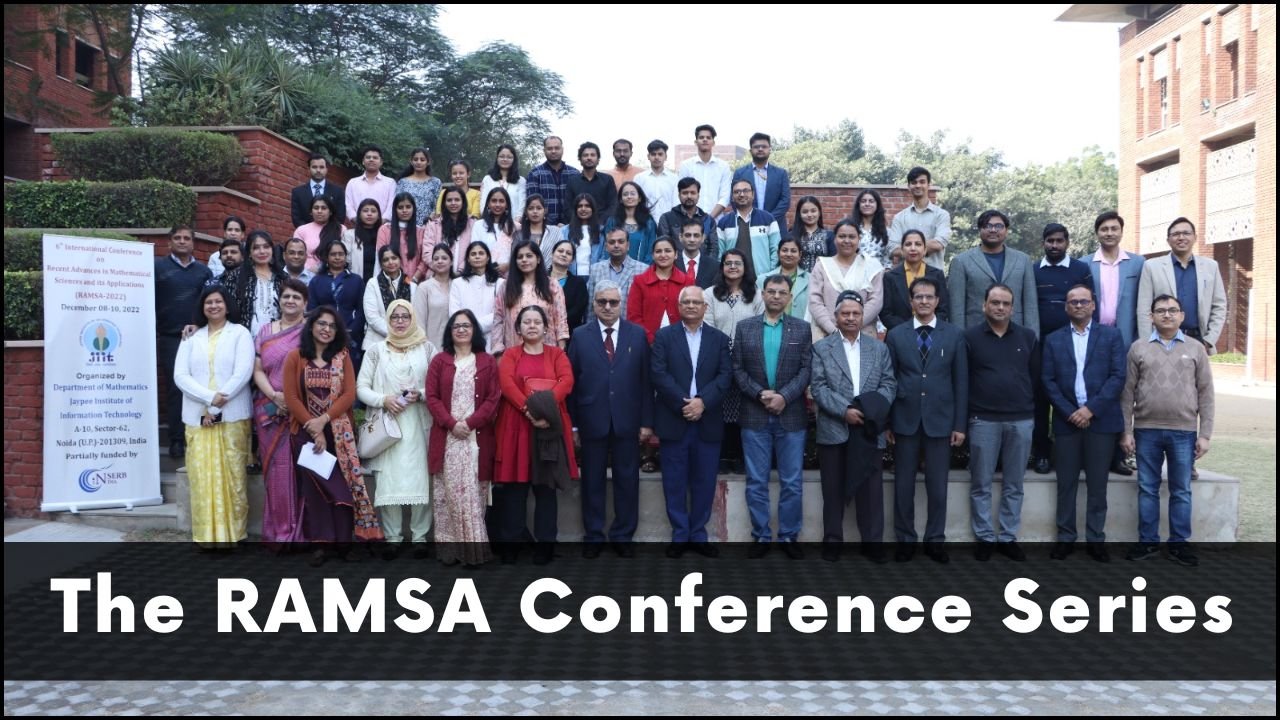
In today’s academic environment, institutional accreditations play a pivotal role in assuring quality, fostering transparency, and enhancing the global reputation of educational institutions. Jaypee Institute of Information Technology (JIIT), Noida, stands out as one of India’s most respected private technical universities, owing much of its credibility to the numerous recognitions and accreditations it has secured from national regulatory and quality assurance bodies.
Over the years, JIIT has consistently strived to meet and exceed benchmarks laid down by organizations such as the University Grants Commission (UGC), All India Council for Technical Education (AICTE), National Institutional Ranking Framework (NIRF), National Assessment and Accreditation Council (NAAC), and the National Board of Accreditation (NBA). The adoption of Outcome-Based Education (OBE) further reinforces JIIT’s commitment to holistic and globally competitive education.
Let’s take a closer look at these accreditations and what they mean for students, faculty, and the institution’s future.
Table of Contents
1. University Grants Commission (UGC)
The University Grants Commission (UGC) is the apex regulatory body in India for maintaining standards of higher education. JIIT, Noida, is recognized by the UGC under Section 2(f) of the UGC Act, which confirms its status as a deemed-to-be university. This recognition ensures that the university adheres to government-mandated academic standards, provides legitimate degrees, and is eligible for various central schemes and funding (where applicable).
UGC recognition is vital as it offers students confidence in the authenticity of their degrees and qualifications, both in India and abroad.
2. All India Council for Technical Education (AICTE)
Although deemed universities are not mandated to take AICTE approval for technical programs, JIIT voluntarily aligns its academic structure with AICTE norms. The All India Council for Technical Education (AICTE) sets the framework for curriculum design, faculty qualifications, infrastructure standards, and research policies for technical institutions.
JIIT’s alignment with AICTE guidelines reflects its commitment to offering quality engineering and management education that is on par with national standards. The institute actively integrates AICTE-recommended teaching-learning practices, including the promotion of entrepreneurship, internships, innovation cells, and faculty development programs.
3. National Institutional Ranking Framework (NIRF)
The National Institutional Ranking Framework (NIRF), launched by the Ministry of Education, Government of India, ranks higher education institutions based on parameters like teaching, learning resources, research, graduation outcomes, outreach, and perception.
JIIT has consistently been ranked among the top private engineering institutions in India under the NIRF rankings. Its steady presence in the rankings is a testament to its emphasis on academic rigor, faculty excellence, industry interaction, and student success. NIRF rankings serve as a trusted indicator for students and parents during college selection and help benchmark the university against its peers.
4. National Assessment and Accreditation Council (NAAC)
The National Assessment and Accreditation Council (NAAC) evaluates higher educational institutions on parameters such as curriculum, faculty quality, research, student support, governance, and infrastructure.
JIIT, Noida has been accredited by NAAC with a high grade, recognizing its consistent performance across all these key areas. NAAC accreditation helps foster a culture of continuous improvement within the university. It also makes the institution eligible for research grants, international collaborations, and academic exchanges.
Moreover, for students, NAAC accreditation acts as a mark of trust, signifying that the institution they are part of provides value-driven and student-centric education.
5. National Board of Accreditation (NBA)
The National Board of Accreditation (NBA) specifically accredits engineering and technical programs, evaluating them based on program outcomes, curriculum, faculty, infrastructure, and graduate employability.
At JIIT, several of its B.Tech programs are NBA-accredited, meaning they meet the globally accepted standards of engineering education. This is particularly important for students planning to pursue higher studies abroad or seeking international job opportunities, as NBA accreditation aligns with the Washington Accord, a global engineering degree equivalence agreement.
The NBA also emphasizes industry readiness, encouraging institutes to tailor their programs to meet evolving industrial needs, something JIIT actively implements through industry collaborations and internship opportunities.
6. Outcome-Based Education (OBE)
In keeping with global education standards, JIIT has adopted the Outcome-Based Education (OBE) model, which shifts the focus from traditional rote-based learning to a framework where learning outcomes drive the entire academic process.
Under the OBE model, JIIT clearly defines Program Educational Objectives (PEOs), Program Outcomes (POs), and Course Outcomes (COs). The institution regularly measures how well students are achieving these goals through continuous assessments, feedback mechanisms, and curriculum updates.
This student-centric approach ensures that graduates are not only knowledgeable but also skilled, ethical, and ready to contribute to society and industry. OBE also enhances transparency in education and aligns seamlessly with both NBA and NAAC expectations.
Why These Accreditations Matter?
These accreditations and recognitions are not just badges of honor; they play a pivotal role in shaping student futures and institutional growth:
| Aspect | Impact of Accreditations |
|---|---|
| Student Employability | Enhances job prospects with globally recognized credentials. |
| Academic Quality | Ensures updated curriculum, expert faculty, and active learning. |
| Research Opportunities | Opens doors to funded projects and scholarly collaborations. |
| Global Recognition | Builds international credibility and facilitates higher studies. |
| Industry Integration | Encourages practical learning through internships and tie-ups. |
| Continuous Improvement | Promotes feedback-driven curriculum and teaching enhancements. |





